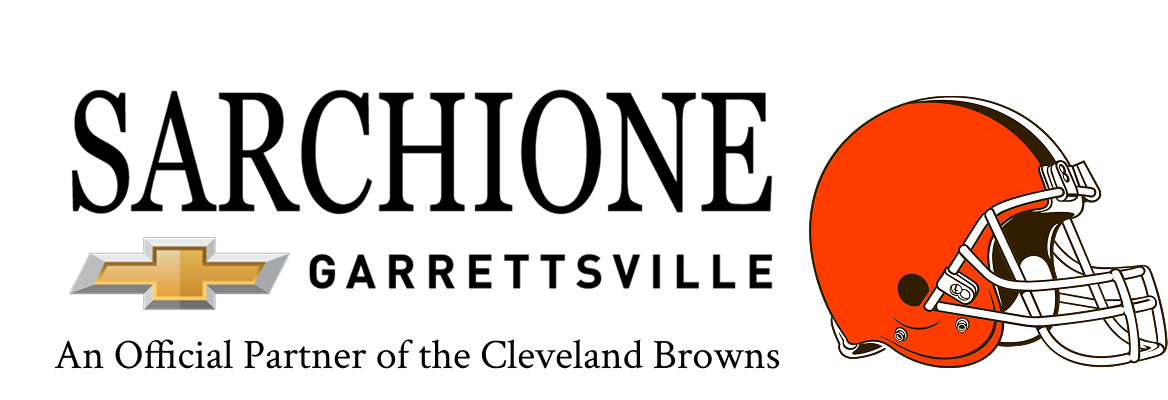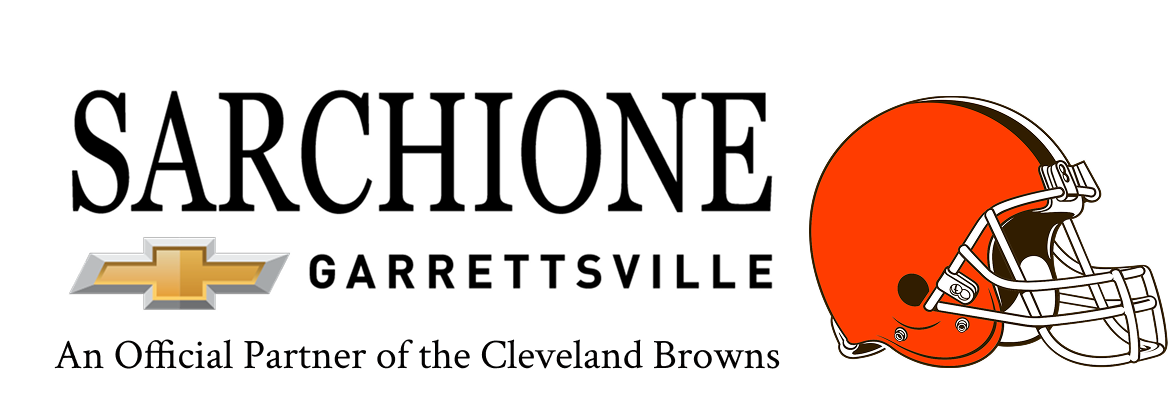Many drivers ask if it's a good idea to add fuel additives to your Chevy. We get that question often here at Sarchione Chevrolet of Garrettsville.
Fuel system performance affects everything from throttle response to long-term engine health. That's why it’s important to understand how additives work and when they might offer real benefits. If you're driving one of our new Chevrolet models or maintaining an older vehicle, the right product and approach make a difference.
Add Fuel Additives To Your Chevy With A Purpose
Fuel additives contain detergents or performance agents that target specific engine or fuel system issues. Some clean carbon deposits while others stabilize fuel or improve combustion. These products are not universal fixes. Each one has a narrow job to do. That means choosing one depends on what the vehicle needs.
For example, fuel injector cleaners help remove buildup that affects spray patterns. Octane boosters help reduce engine knock when higher compression or performance tuning is involved. Winter fuel stabilizers help when a car sits for long periods in cold weather. The key is to match the chemical solution with the actual issue. Pouring in random additives without cause can do more harm than good.
Chevrolet engines are built with factory-grade components that meet strict performance standards. In most cases, using top-tier fuel keeps the system clean and balanced. Regular service intervals and the right gasoline offer more long-term protection than overusing additives.
Understand Fuel Additive Risks
Not all additives on the shelf meet OEM specs. Some formulas contain harsh solvents that can damage sensors or gaskets over time. That’s especially true in modern engines with direct injection or turbocharging where tolerances are tight.
Low-quality products often promise fast results but deliver poor combustion or residue buildup. This puts extra strain on emissions systems. In vehicles with sensitive oxygen sensors or advanced fuel mapping, that can trigger dashboard alerts or reduce performance.
Even overusing a good additive can throw off the fuel-air ratio and cause rough idling or hesitation. That's why timing and product type matter. If the engine is running rough or losing fuel economy, diagnostics should come first. Additives are not a substitute for professional repair.
When Additives Might Help
Additives do serve a role when used at the right time. If a Chevy sits for long periods or runs on lower-grade fuel in remote areas, an occasional cleaner can flush buildup from valves or injectors.
Seasonal changes can also bring some benefit. A fuel stabilizer before winter storage keeps gas from breaking down. That protects the system and helps with smoother startups when spring comes.
Older engines with high mileage sometimes respond well to targeted detergents. These help restore flow to injectors or clear varnish in the tank. But that only works when the rest of the system is sound. Timing chains, spark plugs, and filters all have a bigger impact on overall performance.
Trust The Service Team
We always recommend talking with a factory-trained technician before using any additive. Our team knows which products work with GM engines and which ones can create more problems. If you're experiencing fuel system issues, let us run diagnostics and help decide the best path forward.
Schedule a schedule a service with us before adding anything to your tank. That way you’ll avoid unnecessary damage and keep your Chevy running strong. We’re here to help with honest advice and expert care.


